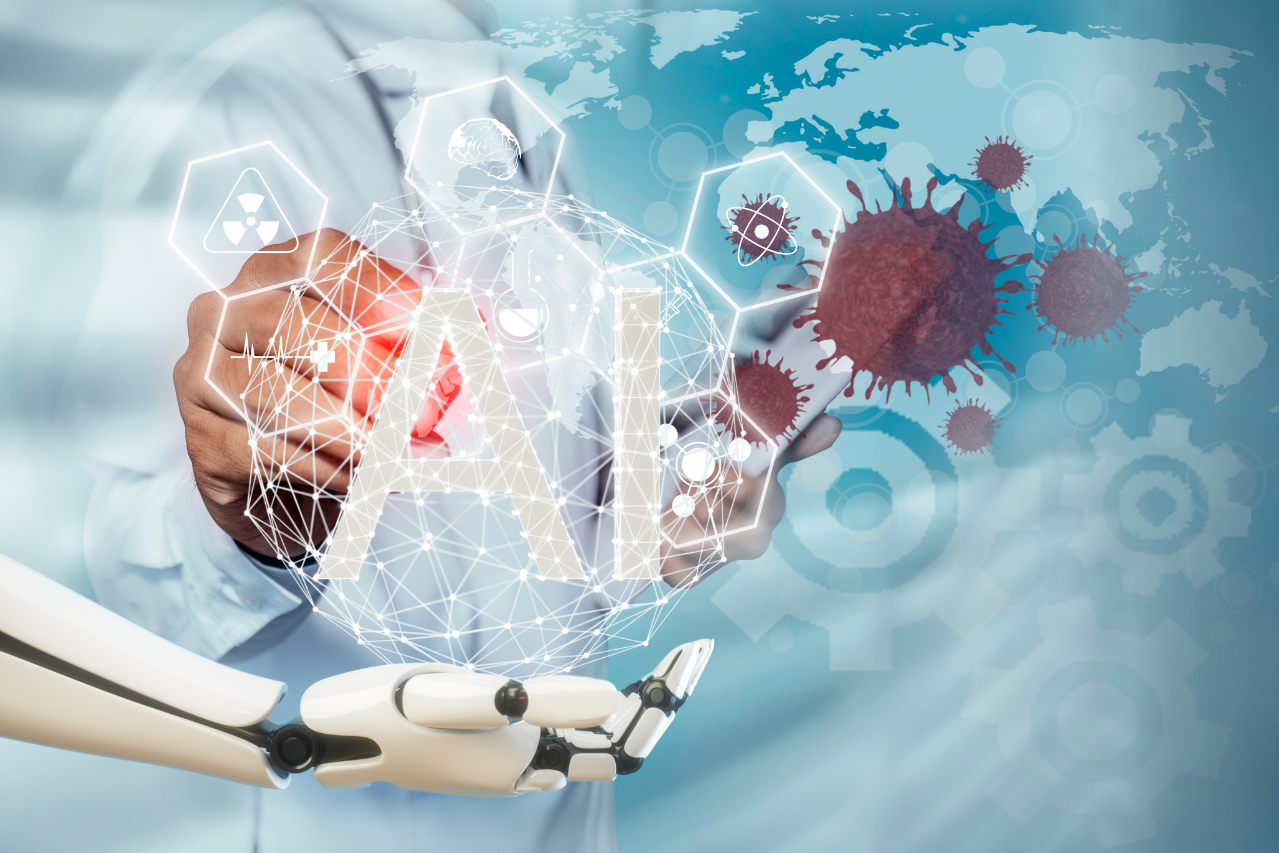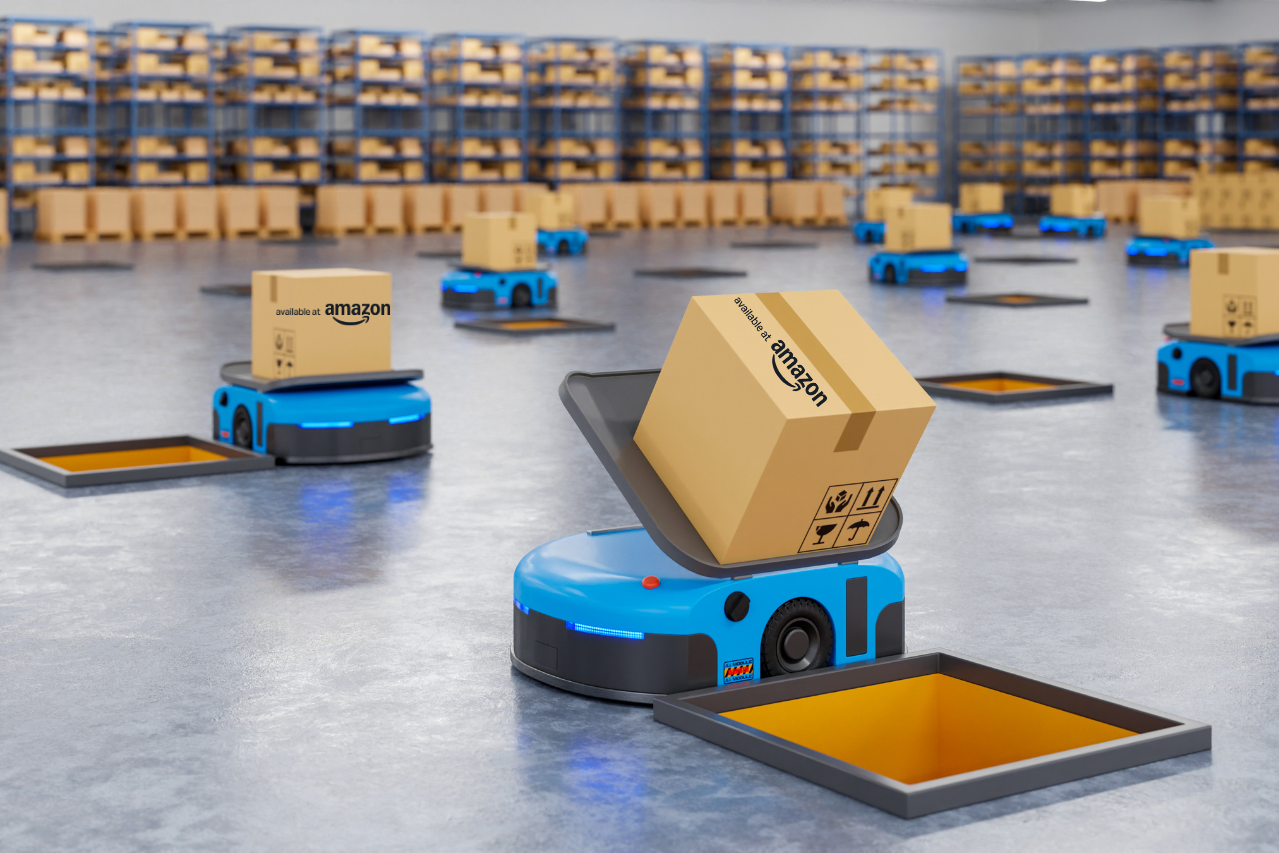Artificial intelligence (AI) is transforming industries worldwide, and healthcare is no exception. As AI becomes more integrated into hospitals, clinics, and other healthcare settings, it’s crucial for healthcare workers to understand what AI really is—and what it is not. Misinformation and misunderstandings about AI can lead to hesitation or over-reliance on these systems.
What AI in Healthcare Is
1. A Tool for Enhancing Decision-Making
Artificial Intelligence (AI) is designed to assist healthcare professionals in making better, faster, and more informed decisions. By analyzing vast amounts of data, AI can offer insights that may not be immediately obvious to a human provider. For example, AI algorithms can review patient histories, lab results, and clinical data to suggest diagnoses or treatment plans.
- Example: AI-powered tools like IBM Watson Health help doctors evaluate treatment options based on an analysis of thousands of patient records and medical journals.
2. An Aid in Administrative Efficiency
AI can streamline many of the routine administrative tasks that consume healthcare workers’ time. From managing patient schedules to optimizing resource allocation, AI systems can automate many behind-the-scenes processes in healthcare facilities.
- Robotic Process Automation (RPA) can handle tasks such as processing insurance claims, scheduling appointments, or managing patient data, reducing human error and freeing up time for clinical staff to focus on patient care.
3. A Tool for Improving Diagnostics and Early Detection
AI excels in analyzing large datasets, including medical images and lab results, to detect patterns that could lead to earlier and more accurate diagnoses. AI systems can be trained to recognize signs of disease in imaging data, sometimes spotting details that even the most skilled human eyes might miss.
- AI algorithms used in radiology can detect early signs of conditions like breast cancer, pneumonia, or fractures in X-rays, MRIs, or CT scans with high accuracy.
4. A Driver of Personalized Medicine
One of AI’s most exciting potentials in healthcare is its ability to tailor treatments to individual patients. By analyzing genetic data, lifestyle factors, and patient histories, AI can help healthcare providers create more personalized treatment plans.
- AI-driven tools help oncologists develop personalized cancer treatments based on the genetic makeup of tumors and the specific characteristics of the patient.
5. A Partner in Patient Monitoring and Predictive Analytics
AI systems can be used to monitor patients in real time, alerting healthcare workers to any worrying changes in vital signs or lab results. Predictive analytics, driven by AI, can also forecast which patients are at higher risk of complications, allowing for preventive measures.
- AI tools in critical care units can monitor patient vitals 24/7 and alert nurses or doctors when they detect patterns associated with deteriorating conditions, such as sepsis or heart failure.
What AI in Healthcare Is Not
1. A Replacement for Healthcare Professionals
AI will not replace doctors, nurses, or any other healthcare providers. While AI tools are powerful, they are not capable of independent medical decision-making. Human clinical judgment, empathy, and patient interaction remain irreplaceable in healthcare. AI is best thought of as a tool that assists healthcare providers, not something that can or should make final clinical decisions.
- Industry Insight: Dr. Eric Topol, a leading voice in AI and healthcare, emphasizes in his book Deep Medicine that “AI is not here to replace the clinician, but to give them more time to focus on the patient.” The human element of healthcare—communication, compassion, and context—is irreplaceable.
2. A One-Size-Fits-All Solution
AI is not a universal solution for all healthcare challenges. While it can perform specific tasks with incredible efficiency, it is not the right tool for every situation. AI systems are limited by the data they are trained on and cannot replace the complex problem-solving skills and ethical considerations that healthcare professionals must navigate.
- While AI can help with diagnostics, it may struggle with atypical presentations of diseases or conditions it hasn’t been trained to recognize. Therefore, healthcare workers must be critical of AI-generated outputs and apply their own clinical expertise.
3. A Magic Bullet for Healthcare Inefficiencies
AI can improve many aspects of healthcare, but it is not a cure-all for systemic inefficiencies. While AI can streamline certain processes, it cannot address underlying issues such as healthcare policy, access to care, or the social determinants of health that often lead to poor outcomes for patients.
- AI can help with patient scheduling, but it cannot address systemic issues such as staffing shortages, funding constraints, or inequalities in access to healthcare.
4. Infallible
AI is only as good as the data it is trained on, and it can make mistakes if it encounters data that is incomplete, biased, or outside its training set. Healthcare workers must remain vigilant and always use AI tools as a complement to, not a substitute for, their own professional judgment.
- Industry Insight: Patricia Brennan, Director of the National Library of Medicine, cautions, “AI tools are powerful, but they are not infallible. Nurses and doctors should always review AI-generated recommendations in the context of their own clinical expertise.”
5. Self-Sufficient
AI systems in healthcare are not autonomous and require constant human oversight, updates, and adjustments to function properly. They are not capable of understanding context in the same way humans can, and they require continuous training and human intervention to remain effective.
- AI used in clinical settings must be continuously updated with the latest medical research and clinical guidelines. Without regular updates and human oversight, AI systems can become outdated or irrelevant.
How Healthcare Workers Can Embrace AI
To make the most of AI in healthcare, healthcare workers need to develop a basic understanding of how AI works and how it can be integrated into their daily routines.
1. Develop Data Literacy
AI thrives on data, so having a basic understanding of how healthcare data is collected, analyzed, and used will be crucial for healthcare workers in AI-enhanced environments. Nurses, doctors, and administrators should familiarize themselves with key concepts in data management, patient privacy, and health informatics.
- Resource: Take introductory courses on data science for healthcare, such as Coursera’s “AI for Healthcare”.
2. Familiarize Yourself with AI Tools
Many healthcare organizations are beginning to adopt AI-powered systems. Whether it’s predictive analytics, AI-driven EHRs, or robotic surgery tools, learning to use these technologies can help healthcare workers provide more efficient and accurate care.
- Hospitals using AI-powered clinical decision support tools often provide training programs for staff. Take advantage of these to learn how AI can help improve patient outcomes.
3. Collaborate with IT and AI Specialists
AI is a multidisciplinary field, and healthcare workers must collaborate closely with IT departments and AI specialists to ensure that AI systems are implemented and used effectively. A successful partnership between clinical staff and technology experts is critical for the safe integration of AI into healthcare settings.
- Action: Attend cross-functional meetings or AI workshops within your organization to build collaborative skills and understand how AI can be applied to clinical workflows.
AI as an Enabler, Not a Replacement
AI is revolutionizing healthcare, but it is important to remember that it is not a replacement for healthcare professionals. AI is a powerful tool that can assist with clinical decision-making, improve diagnostics, and reduce administrative burdens, but it requires human oversight and expertise to function properly. Healthcare workers should view AI as an ally that augments their work, giving them more time and resources to focus on what matters most: the patient.
By developing a clear understanding of AI’s role in healthcare, healthcare workers can embrace this technology and use it to improve patient outcomes, streamline workflows, and enhance the overall quality of care.
Are you interested in how AI is changing healthcare? Subscribe to our newsletter, “PulsePoint,” for updates, insights, and trends on AI innovations in healthcare.




